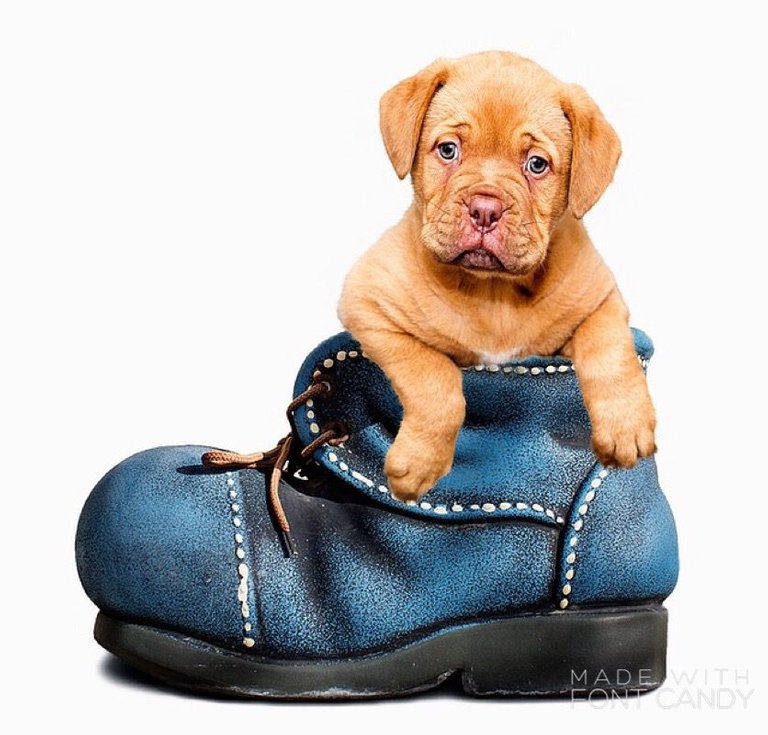The idea of punishing a puppy makes no more sense than the idea of punishing an infant child. Have you ever heard of anyone spanking a baby? The only thing that would do is make the baby cry, and make the adult feel badly. A small baby won’t learn from punishment, and puppies are no different. Just like everything you do with a small baby is designed to let it feel loved, protected and close to you, the way your treat a new puppy can affect the way that dog views you for entire relationship.
If you choose to punish a puppy, the most you will do is scare it and make it wary of you. If you smack a puppy, even lightly, all it knows is the pain of the strike and the fear it feels at that moment toward you. It doesn’t learn that it was doing something wrong because it’s too young to understand that concept.
If your puppy is chewing on something for instance, and you punish it with even a light tap, of course it will probably stop what it’s doing. It’s surprised and possibly feels pain from the smack, and now feels very frightened of you. It doesn’t link the punishment with what it was doing, though, and has no way of predicting when it might be punished next.
Shouting at the puppy can also do damage to your relationship. If you startle the puppy with a shout, of course it might stop what it’s doing. But again, the puppy doesn’t understand the relationship between its actions and your shouting. Even the angry tone of your voice can cause your puppy to be afraid for a moment.
If you use these punishments on a puppy, the puppy will learn to be afraid of you, or at the very least it will learn that you can be mean. The puppy might not trust you, because it doesn’t understand why you frighten it. This can keep the puppy from ever really warming up to you, and you’ll be unable to have a good relationship as the puppy grows.
Some dogs are very passive, and will respond to you in a very defeated way. Your dog might stay in line all the time, solely out of fear, but it won’t ever trust you. Other dogs have a more stubborn streak, and because they feel threatened by you may attempt to dislodge you as the one in charge. Dogs are pack animals, and if your dog thinks it should be the leader, you might be in for many behavioral problems big and small.
At the very least, you won’t have as good a relationship with your dog as you could have.
Just as you would do with a very small child, use gentle correction when your puppy does something he shouldn’t do. Use gentle movements and a kind but firm tone of voice, so that your dog understands to stop without becoming frightened.
